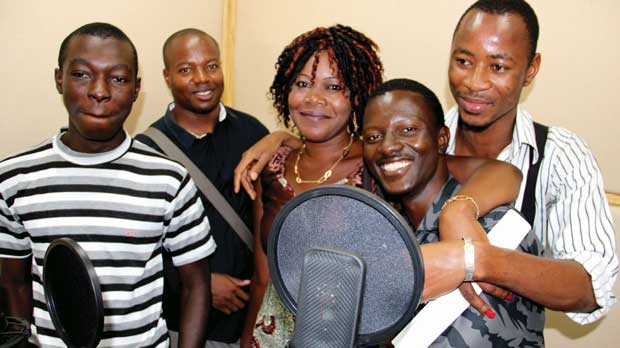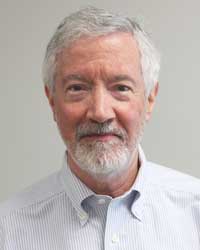
By Alexandra Fradelizio | m/Oppenheim Media Writer
When Bill Ryerson founded Population Media Center (PMC) 20 years ago, he sought to empower communities in leading healthier and more sustainable lives. Using radio and television outlets, the organization produces a variety of mass media, but focuses on serialized melodramas, to relay societal issues to audiences in 50 countries across the world.

“Our mission is to use entertainment mass media to bring about changes in behavior for health, social welfare, and a sustainable planet,” said Ryerson, who also serves as the President of PMC.
At any given time, the shows produced by the South Burlington, Vermont organization air in as many as 12 different countries and both inform and entertain audiences. The characters within the shows are designed to act as role models to audiences and confront issues such as gender equality, domestic violence, and environmental awareness. Over its history, PMC’s radio and television shows have reached 500 million people in 20 different languages.
One show that aired for American audiences was East Los High. The five-time Emmy nominated series ran for five seasons and was the highest rated show on its streaming platform, Hulu. The show followed the lives of teenagers living in East Los Angeles and was praised by critics and audiences for opening dialogue surrounding complex challenges faced by the current youth population.
“We find huge increases in self-reported, interpersonal communication about the issues among our audience members once we role model them in the programming,” stated Ryerson.
